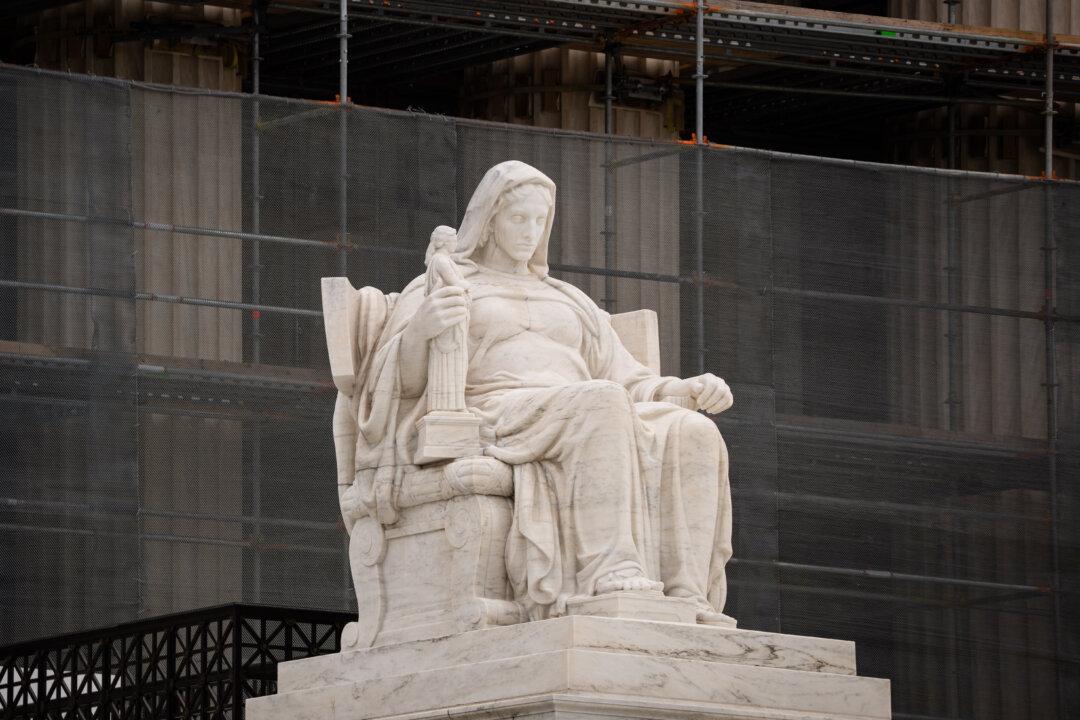A flight attendant told the Supreme Court in a new filing that a federal appeals court ruling jeopardizes airline employees’ legal rights.
The Supreme Court docketed the flight attendant’s petition on April 23.

A flight attendant told the Supreme Court in a new filing that a federal appeals court ruling jeopardizes airline employees’ legal rights.
The Supreme Court docketed the flight attendant’s petition on April 23.